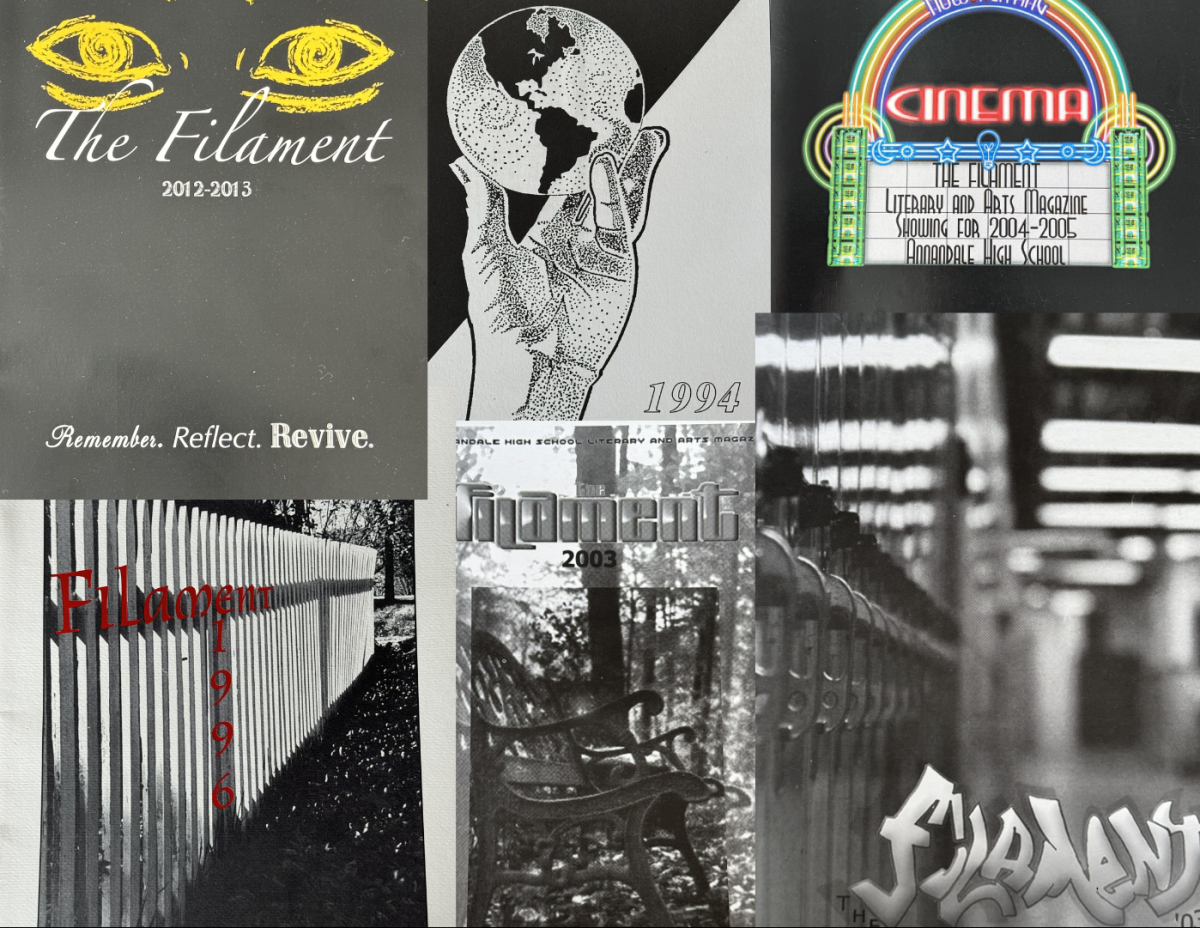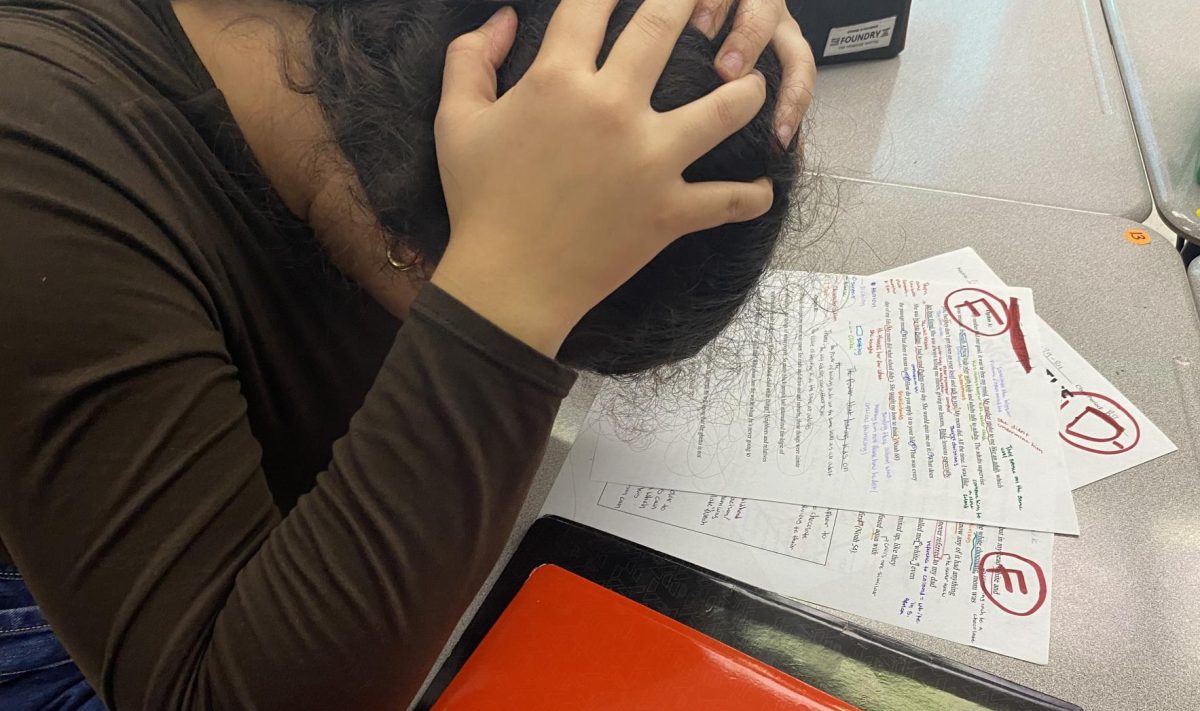The Cyber Intelligence Sharing and Protection Act (CISPA), which served as the impetus for this In-Depth spread, is simply one iteration of a long sequence of proposed legislation that has sought to redefine the role of government in our increasingly digitized world and has had an indelible effect on the daily lives of students. In fact, according to the Internet Library of Law and Court Decisions, over 600 court cases have dealt with the legal limits of the role of the Internet in the daily lives of the individual since the onset of the commercial use of the Internet in the early 1990s.
CISPA, which in its original form met criticism from the likes of President Obama, created contention in its potential for misuse by the federal government. Proposed as an addition to the National Security Act of 1947 (which, among other accomplishments, created the Central Intelligence Agency and the National Security Council), CISPA seeks to define cybercrime, and the methods in which information pertaining to cybercrime can be collected in conjunction with private industry.
The point of contention does not lie in such a pursuit; media pundits and government officials alike agree that the manner in which the government interacts with private businesses in order to track cybercrime must face reform. Instead, it lies in the ambiguity of the law. Before the language of the law was changed a few weeks ago in late April (which allowed for its passage in the House of Representatives on April 26), the crux of its opposition was concerned within its definition of cybercrime and how to collect information for such crime. Congressmen such as Rep. Ron Paul (R-TX) were concerned with its potential for the abuse of the privacy of an individual. CISPA, in its original form, defined cybercrime as ‘efforts to degrade, disrupt, or destroy [U.S. governmental] system or network, […] theft or misappropriation of private or government information, intellectual property or personally identifiable information.’ Congressmen such as Rep. Paul believed that such language would have allowed the federal government to expand activity of suspicion to fit this definition.
However, passed or not, CISPA is, as mentioned above, nothing new. SOPA and PIPA, were laws that sought to criminalize websites that used infringed data. If a website contained one blog or web page that contained such information, the site could have been severely penalized. For websites such as Google and Wikipedia, which possessed the danger of offering such information without the ability to censor it, such laws could have brought disaster.
There are currently five federal laws which have been applied to the manner in which the government censors and controls American access to the Internet that are especially pertinent to the lives of students.
The oldest is the Trading with the Enemy Act of 1917, which was used by the Office of Foreign Assets Control to create a blacklist of sorts, containing the domain names of foreign websites with which American companies could not do business.
The other four significant laws were passed in the span of four years, between 1996 and 2000.
The first of these laws is the Communications Decency Act, passed in 1996. It sought to regulate “indecency” on the Internet in order to protect children. Such indecency extended to online pornography. The sections of the law that desired to regulate such indecency was found unconstitutional in Reno v. ACLU. However, the portion that remains applicable today actually protects websites from the potential infringement of third parties.
The second of these laws is the Digital Millenium Copyright Act of 1998. This law seeks to criminalize websites and forums that discuss ways in which to avoid structures designed to protect against copyright infringement.
The third of these laws is the Children’s Online Privacy Protection Act, which protects children from the potential danger of collecting personal information. Today, students under the age of 18 can see the ramifications of this law when asked for parental consent during the process of releasing personal information to online businesses.
Finally, the Children’s Internet Protection Act of 2000 is the law that has the greatest effect on the online lives of students today. It requires any schools or school districts receiving funding under the Library Services and Technology Act to construct Internet safety systems and restrictions for students that allow for the blockage of certain online sites that could potentially be defined as “indecent.” FCPS is one of these school districts, and obeys this law through the online restrictions students face on a daily basis.
All of these above laws have a large effect on the daily interactions of students with the Internet. Out of the five laws enumerated above, two of them are explicitly directed to children. The other three serve as the basis for why students cannot access sites that might be considered obscene on the Internet or linked to such websites, and for why FCPS students must sign an online-use agreement at the commencement of each school year.
Most importantly, however, these laws serve as the basis for new legislation such as CISPA, which seek to further define acts of crime on the world wide web– a task that is proving increasingly difficult to enforce in a structure that is inherently designed to allow free access to users to any information shared by other users.







